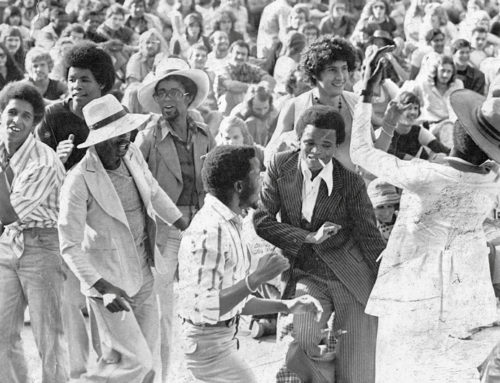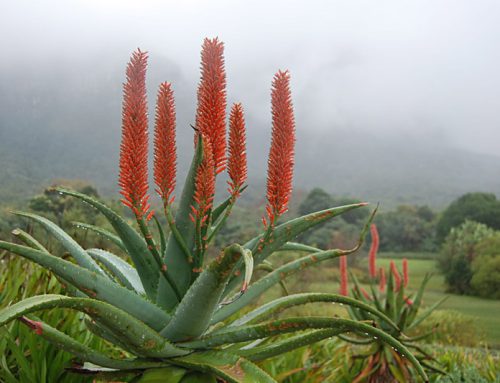The Latin people are clever. They reserve kissing on the mouth for lovers while friends and family get kissed on the cheeks.
Three reasons why they pioneered the cheek-kissing approach all those centuries ago are:
1) Germ aversion (no spittle contact with the dubious element of relatives and friends)
2) It created the split-second opportunity to arrange discreet meetings with prospective lovers. For example, one could whisper ‘conservatory’ while kissing the left cheek and ‘three bells’ while kissing the right.
3) It short-circuited misuse of the different genres of kissing. Lascivious Uncle Kevin would not, for example, be able to linger on one’s lips or, worse still, slightly part his. This grotesque imposition inflicted on the cheeks would not have the same effect.
South Africans are split down the middle when it comes to kissing modes. Half are like the Latins while the other half kiss indiscriminately on the lips.
Personally I prefer to kiss friends and relatives on the cheeks, but it’s not always up to me as many of my friends and relatives are traditionally and habitually lip kissers.
It’s a recipe for chaos. Try going for the cheeks when the other person is going for the lips. You either take a mouth-swipe on the chin or you injure your nose.
I’ve tried to minimise the damage by adopting something of a midway method, aiming for just beyond the corners of the mouth. This has proved relatively successful but it is not foolproof.
The reason I prefer kissing friends and family on the cheeks is because kissing is a most intimate affair. When I contemplate a kiss, I don’t think about family and friends. I think about acute passion and pleasure. After, all, as the poets put it: a kiss is the pledge of future bliss; it’s ecstasy’s honeyed seal.
Which is why I sometimes find it difficult to detach passion from any form of kiss on the lips. The passion isn’t directed at the family member or friend. It’s directed at the honeyed seal.
Of course there are different types of kisses, but I’ve never come across any references on the ecstasy of kissing friends and relatives, whereas references to the ecstasy of the romantic kiss are many.
One such reference is a little red book called “The Art of Kissing”, written in 1936 by a veritable authority on kissing named Hugh Morris. “What happens to the various parts of the body when two people join their lips in bliss?” he asks. “An electric current is generated that is as natural as the hunger for food, water and knowledge. It is the hunger of sex. This hunger is instinctive, we are born with it, all of us, and it is the partial satisfaction of this sex-hunger that makes kissing pleasurable.”
I can’t say I feel any sex-hunger when kissing great Uncle Henry hello, but I think most people who have experienced the full sexual force of kissing are all too aware of how dangerous a kiss can be. Which is why most people when kissing family and friends, purse their lips into tight little greeting tools and jab at the recipient’s mouth with the no-nonsense authority of a hockey mistress blowing her whistle for a foul.
They’re informing you without any room for doubt that this quick, efficient peck is nothing more than a handshake on the lips.
Considering the lips are one of the main erogenous zones of the body, it’s some handshake. Considering, as Hugh Morris further explains, “the nerve endings in the lips are so sensitive that the slightest contact with them sends a pleasurable thrill immediately through the nervous system”, it might be advisable for all lip-kissing South Africans to go Latin and start kissing friends and relatives on the cheeks. Alternatively we could go Victorian and entertain that most underrated practice of kissing on the hand.




